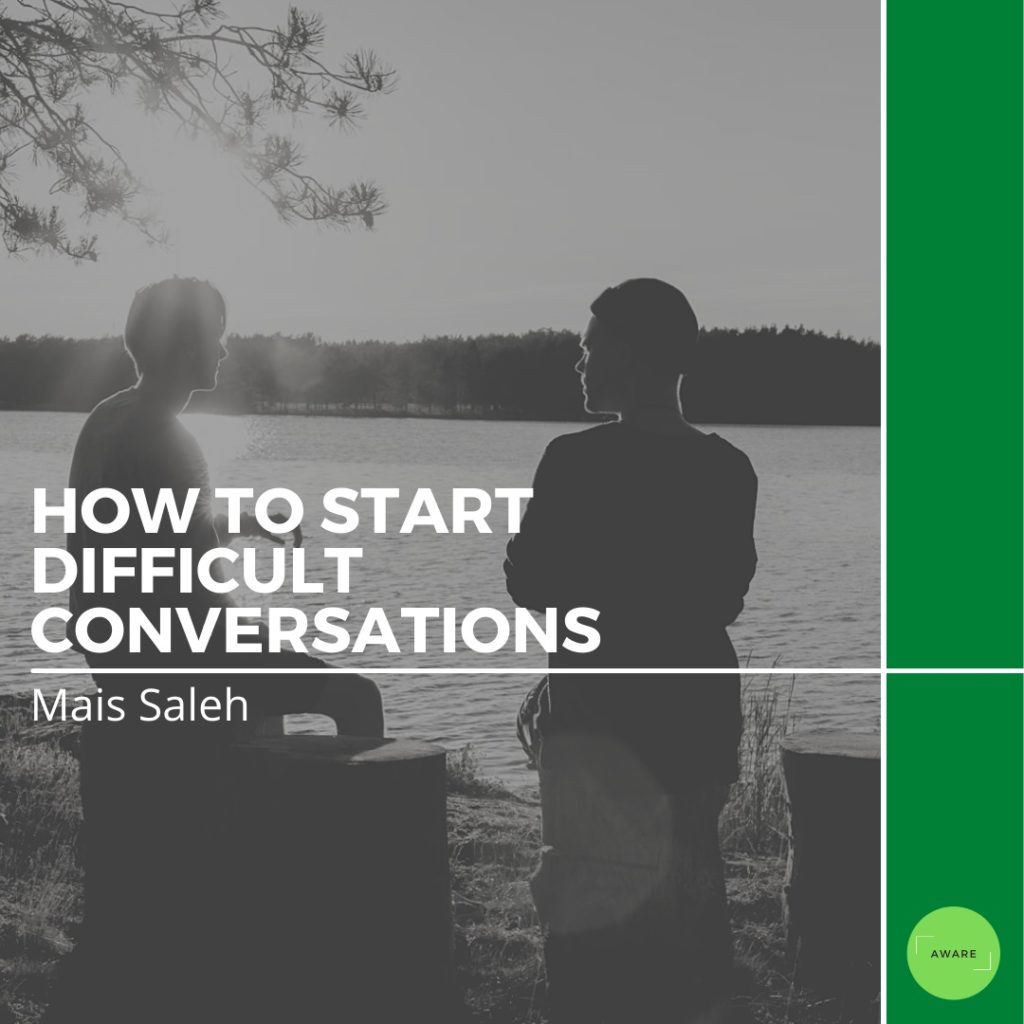For many of us, it is far easier to avoid difficult discussions in order to avoid arguments or cause further problems. Sometimes, it is also the fear of being blamed and attacked that holds us back, thus keeping us from setting our appropriate boundaries. Many couples, for example, may also believe that not discussing things means being the bigger person and keeping the peace. What they tell themselves is that whatever is bothering them is not worth talking about and that it would just go away. Whatever the reason is, it turns out that avoidance generally worsens matters at hand.
The truth that is that conflict avoidance often spirals into bigger issues later on when least expected. Freud puts it this way, “unexpressed emotions come out later in ugly ways.” In other words, unspoken problems add up until the tension hits its breaking point. Eventually, what happens is that one partner will snap or shut down and create distance, and this ultimately could lead to resentment in a relationship.
To avoid harming or destroying your relationship as a negative outcome and to keep it thriving, you need to stop avoiding uncomfortable discussions and instead focus on building connection. You also need to learn that it is normal to have conflict in a relationship. You just need to get used to discussing what is bothering you and not sweeping it under the rug. To do this requires facing your fears of conflict and using it for growth to strengthen bonds.
Mental Shifts Prior to Difficult Discussion
Before you go into a difficult conversation, try to shift your way of thinking from “this person is difficult” to “this situation is difficult”. That way, you can aim to resolve the problem and make amends rather than aiming to change the person and their mind. Instead, think of what you can do differently to improve communication while taking into consideration the point of view of the other person and seeking to understand each other more. This means that you need to focus on what you are hearing from them through listening, reflecting, and observing. Generally, be direct and do not put it off or ignore it. As such, go into it expecting a positive outcome.
Phrases to Start Difficult Conversation
You are now ready to begin the conversation. Here are some helpful examples of sentences shared to make it easier for you.
- “I do not like the silence between us lately. Are you open to talk about this now?”
- “I feel sad and need to talk about what happened. When is a good time?”
- “Are you feeling up to a serious conversation right now?”
- “I am not sure what is going on here. I feel like we have not really spoken. Do you have time to talk tonight?”
- “Our relationship is too important to me to not try to discuss what is bothering us. Can we talk now?”
- “I have been feeling hurt and do not know how to bring it up because I do not want to argue. Are you up for a talk now?”
- “I know I have shut down, but if you are willing to listen to me speak, I can process it.”
- “I am worried about this distance and silence. I have not asked because I am afraid that we would just argue. Can we talk?”
- “I really do not want to fight with you. I want to talk and work this out together.”
Therapy as an Option
As an additional guide if needed, you could even use the help of a professional couples’ therapist. Therapy is actually a great place to comprehend yourself further and to dig deeper into negative patterns that could be contributing to your relationship conflicts. Working with a therapist can also give you a safe space to work through your anxious thoughts and concerns.
